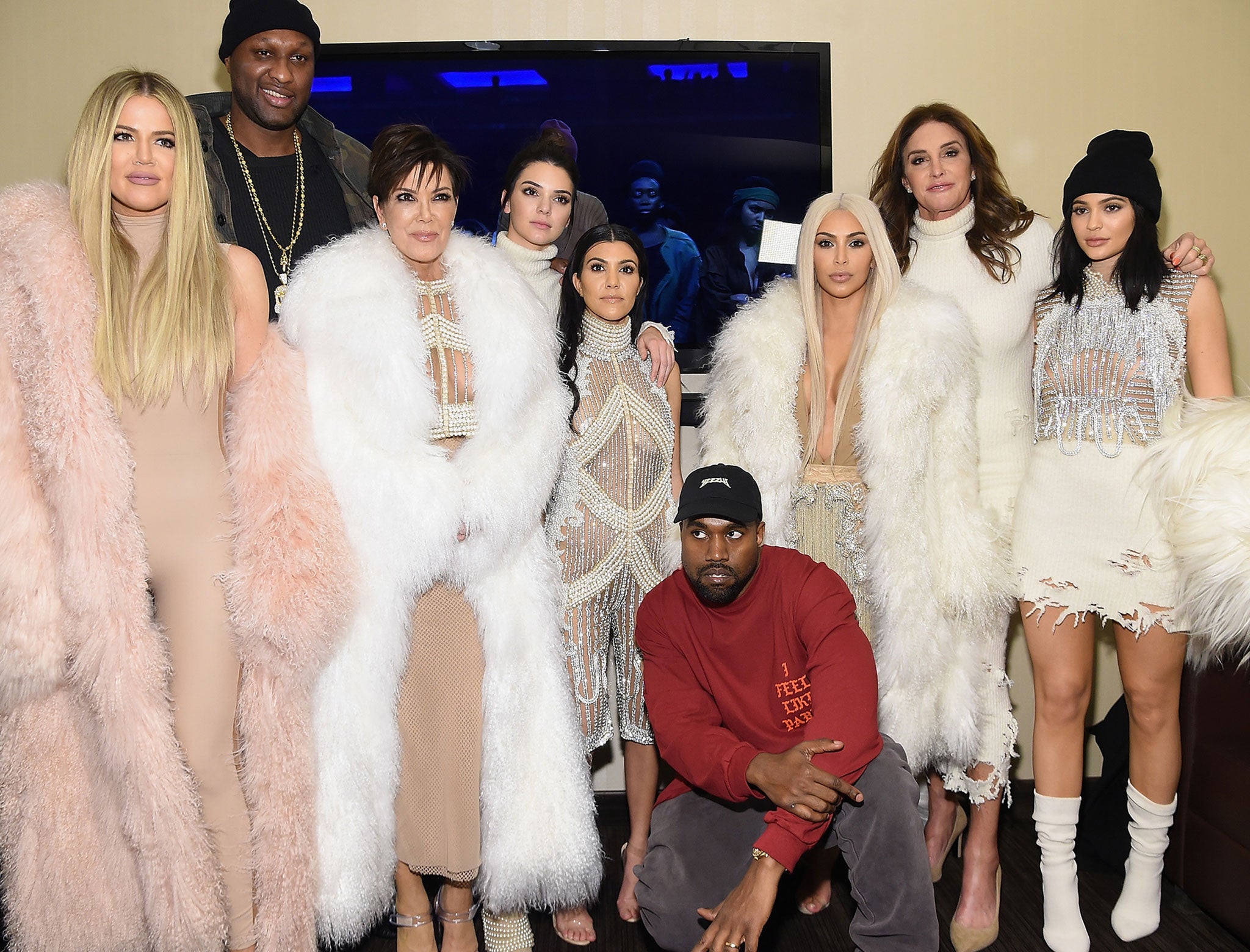People who like reality TV are 'more likely to be narcissists'
A substantial link has been found between higher narcissism levels and regular viewing of certain TV genres

Your support helps us to tell the story
From reproductive rights to climate change to Big Tech, The Independent is on the ground when the story is developing. Whether it's investigating the financials of Elon Musk's pro-Trump PAC or producing our latest documentary, 'The A Word', which shines a light on the American women fighting for reproductive rights, we know how important it is to parse out the facts from the messaging.
At such a critical moment in US history, we need reporters on the ground. Your donation allows us to keep sending journalists to speak to both sides of the story.
The Independent is trusted by Americans across the entire political spectrum. And unlike many other quality news outlets, we choose not to lock Americans out of our reporting and analysis with paywalls. We believe quality journalism should be available to everyone, paid for by those who can afford it.
Your support makes all the difference.Plenty of studies have pinned the blame for a rise in narcissistic behaviour on our use of new and social media, with platforms like Instagram encouraging us to share idealistic images of wealth and beauty.
But a new study published in the Psychology of Popular Media Culture suggests that old media may have a part to play as well.
Researchers at the University of Pennsylvania and Ohio State University have found a substantial link between higher narcissism levels and regular viewing of certain TV genres.
565 undergraduates at a university in the Midwest were asked how much time they spent watching TV on a daily basis, with the average answer being 3.5 hours.
They were then presented with a list of 15 TV shows of various genres and asked to indicate how often they watched programme in each category.
After this they completed the Narcissistic Personality Inventory, in which they chose between 40 pairs of statements to determine whether they showed strong signs of narcissism.
Researchers Robert Lull and Ted Dickinson found a correlation between daily TV viewing and narcissism, but were also able to narrow this down to find that stronger narcissistic tendencies were found among those who watched reality shows, sporting events, political talk shows and suspense/thriller/horror dramas.
Previous studies have already suggested a potential link between narcissism and reality television. W. Keith Campbell, head of the University of Georgia’s psychology department and author of The Narcissism Epidemic: Living in the Age of Entitlement, said that there’s a reason why you find high levels of narcissism on TV: It’s entertaining. Not to mention they clearly like their own image.
In 1987, psychologists Hazel Markus and Paula Nurius suggested that a person has two selves: The "now self" and the "possible self".
With the advent of social media, people have been given more opportunities to become their “possible self” – or at least showcase a version of his or herself to others that is closer to it.
A study by psychology researcher Soraya Mehdizadeh at York University, Toronto, looked at 100 Facebook users and measured activities such as photo sharing, wall postings and status updates, along with frequency and duration of use.
After measuring each subject using both the Narcissism Personality Inventory and Rosenberg Self-Esteem Scale, Mehdizadeh found that narcissists and people with lower self-esteem were more likely to spend more than an hour a day on Facebook.
They were also more prone to posting self-promotional photos and “showcase” themselves through status updates.
Join our commenting forum
Join thought-provoking conversations, follow other Independent readers and see their replies
Comments